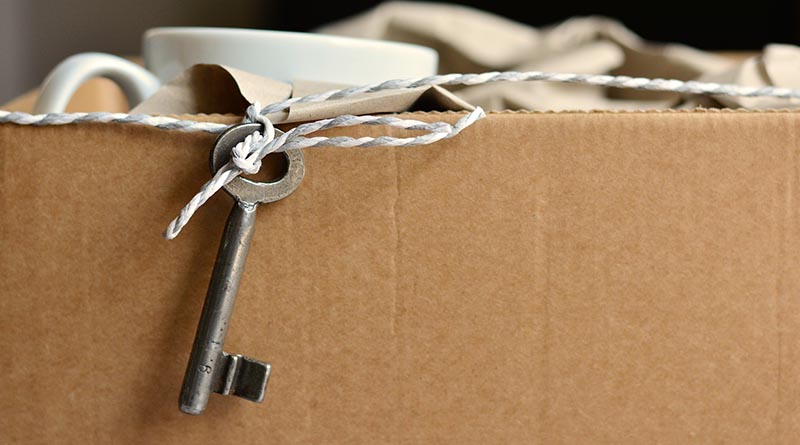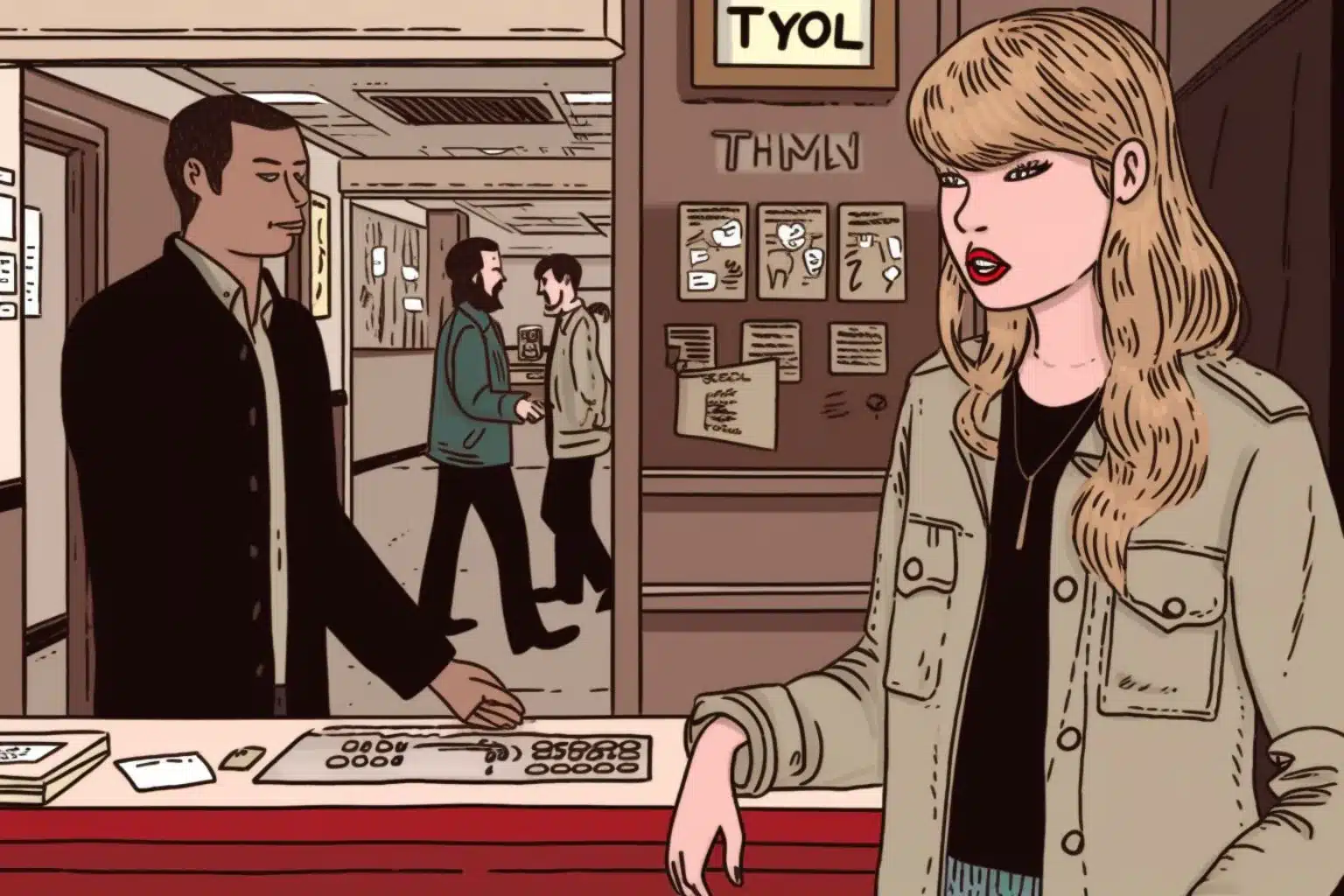Nicole Watts didn’t read her apartment lease before she signed on the dotted line. She wishes she had.
Hidden in plain view was a $20-a-month fee for garbage disposal. Other “gotchas” littered her agreement, including onerous terms for breaking the lease.
“If you got a job transfer or heaven forbid lose your job and have to move, and want to find someone to take over your lease, they charge you and them for that, too,” she says. “Plus, the other person has to make a deposit and application fee. And you don’t get your deposit back even though the new person paid one.”
Read that apartment lease — before you sign it
So it goes. Rents as a percentage of income are now at a historic high of 29.1 percent, compared with 25.8 percent from 1985 to 2000. At the same time, landlords are getting more innovative with contracts that can make the apartment more expensive or, in extreme cases, unaffordable.
“Sadly, I didn’t read my lease agreements,” says Watts, a teacher. “I felt so stupid.”
She shouldn’t. There was a time when rental agreements were pro-forma, boilerplate affairs — sign here, here, and here, and done — but those days are long gone. There’s a lot to look for, according to LegalShield.
And so, rule one of any apartment or home rental is:
Read the contract
Consider the contract in New York City, for example. That’s where you’ll find the dreaded ‘net effective’ rent in the fine print.
Emile L’Eplattenier, the chief real estate analyst for TheClose.com, explains:
“Since management companies would rather keep their rent roll high, instead of lowering rents to meet the market, they will often offer a month or more ‘free’ to the prospective tenant.
The problem comes at the lease signing, where renters start to realize that they will still be paying the gross rent every month. To make matters worse, any and all rent increases will be based on the gross rent, not the net effective rent.
“That means a 5 percent increase from a net effective rent of $2,200 — gross after one month free $2,400 — would mean a new rent of $2,520,” says L’Eplattenier “Of course rationally most renters understand this, but when it comes down to the stress and pressure of landing an apartment, many don’t think ahead to the lease renewal in a year.”
Gotcha!
Watch for these traps
There are so many apartment rental contract traps out there, it’s difficult to squeeze them all into one story.
Extra fees
The extra garbage fee paid by Watts isn’t that unusual. Tenants usually pay for utilities. Some contracts even say you have to pay a percentage of utility bills in common areas like the lobby or clubhouse.
The unit switcheroo
That’s where you tour an immaculate rental unit, but it ends up being a showcase — and the one you end up in is a dump. Read your contract carefully to make sure it specifies you’ll be renting the unit you saw.
Hidden price increases
Agreements may contain clauses that address rent increases, usually after one year. Read them carefully. Some agreements don’t specify a maximum increase. Instead, they allow for rents to increase with the “market.” Insist on a specific number, say experts.
Pets
If your lease agreement doesn’t specifically acknowledge that you have a cat or dog, and something happens to the unit, you could be liable. Make sure the agreement says Fifi can stay with you. (Here’s what you need to know about travel health and safety.)
Nuisance clauses
Rental contracts are sometimes filled with legally unenforceable contract provisions. For example, some stipulate a daily fine if you sublet your apartment without approval. Others require that you pay the landlord’s legal expenses if you have to go to court. And still others require that only you or your family can occupy the unit. The clauses could be a sign of trouble, should you ever get into a disagreement with your landlord. (Related: A Metro PCS special offer that wasn’t — until it was.)
What should be in the lease?
The lease you sign should be simple, say legal authorities.
It should include:
✓ The amount of rent.
✓ The date on which your tenancy begins and ends.
✓ The amount of your security deposit, if you paid one.
✓ All your rights concerning the security deposit.
✓ The names, addresses, and phone numbers of your landlord, any other person responsible for maintaining the property, and the person authorized to receive notices and court papers.
If a lease does not include an ending date or a rent amount, the lease will not be valid in most jurisdictions.
If your agreement contains anything more than that, you may want to get it reviewed by a legal professional or through a service like LegalShield. A quick review may save you hassles, headaches, and hard cash, later on.




